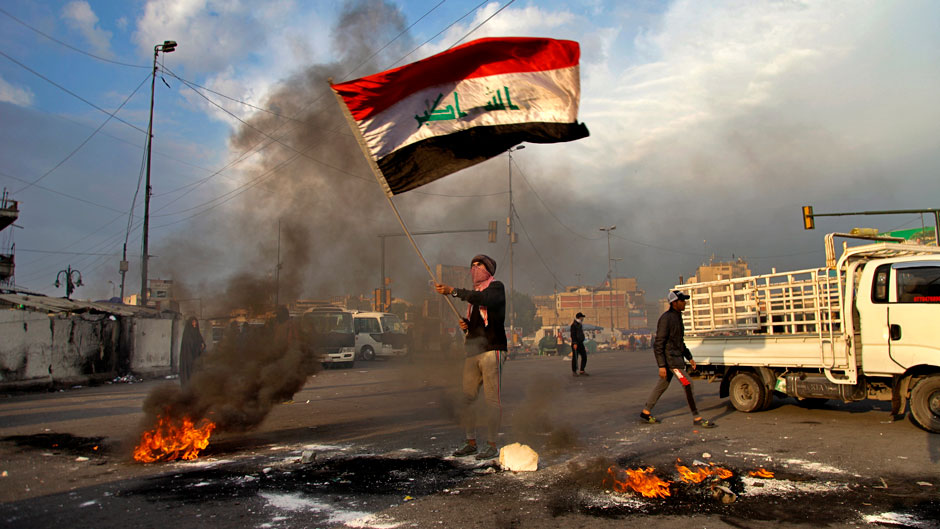Iran delivered on its threat to retaliate against the United States Tuesday night when it sent more than a dozen ballistic missiles hurdling into two Iraqi military bases housing U.S. troops in northern and western Iraq.
The move came in direct response to a targeted drone strike on Friday that killed Iran’s military leader, Gen. Qassim Suleimani, and set off a flurry of threats between the United States and the oil-rich nation that is putting the Middle East and global allies on edge. It also prompted a large contingent of Iraqi lawmakers and its prime minister to call for U.S. troops to leave the country.
Middle East experts at the University of Miami said that the United States and Iran must now walk the delicate line between diplomacy, which is quickly deteriorating, and all-out war, which would not be advantageous for either country.
“This is a very fluid and dangerous moment for the Middle East, for Iran, and for the United States,” said Bradford McGuinn, senior lecturer of political science.
Although the United States may have the upper hand in the conflict, a war would put our soldiers, as well as our allies across the region in harm’s way, not to mention the economic drawbacks that may occur, said Costantino Pischedda, an assistant professor of international relations who studies insurgent groups in the Middle East. For Iran, war could likely mean a dismantling of the current government, the Islamic Republic of Iran, and the United States becoming even more involved in the country’s future.
“If both countries look at the situation rationally, they have more to gain by talking than by continuing along this path of escalation,” said Pischedda, who has spent time doing research in Iraq. “Both sides stand to lose, but Iran stands to lose more because the survival of the regime is at stake.”
In a morning address from the White House to the nation, President Donald J. Trump said he would be imposing severe economic sactions against Iran. The president had been huddling with advisors all morning, and initial reports indicated there were no casualties from the attacks.
McGuinn, who studies and teaches courses on the Middle East, said Iran’s revolution in 1979 was energized, in part, by a sharp critique of U.S. influence in the region. Soon after, Iranians seized the U.S. embassy and took 52 Americans hostage for more than a year. For the past 41 years, the theocratic Islamic Republic of Iran has pushed forward an agenda to extend its influence and protect the region from what it considers meddling by the United States, which Suleimani represented. This is why his death was consequential not just to Iran, but for its allies as well.
“Embedded in Iran’s political culture is a way of looking at the world that sees the United States and its regional friends as exercising a pernicious influence in the Middle East and in all Muslim lands,” McGuinn said.
This influence across the border explains why the Iraqi legislature and its prime minister asked American troops to leave the country, despite the fact that the U.S. has helped Iraq defeat the Islamic State, a powerful insurgent group which almost took control of the nation in 2015.

